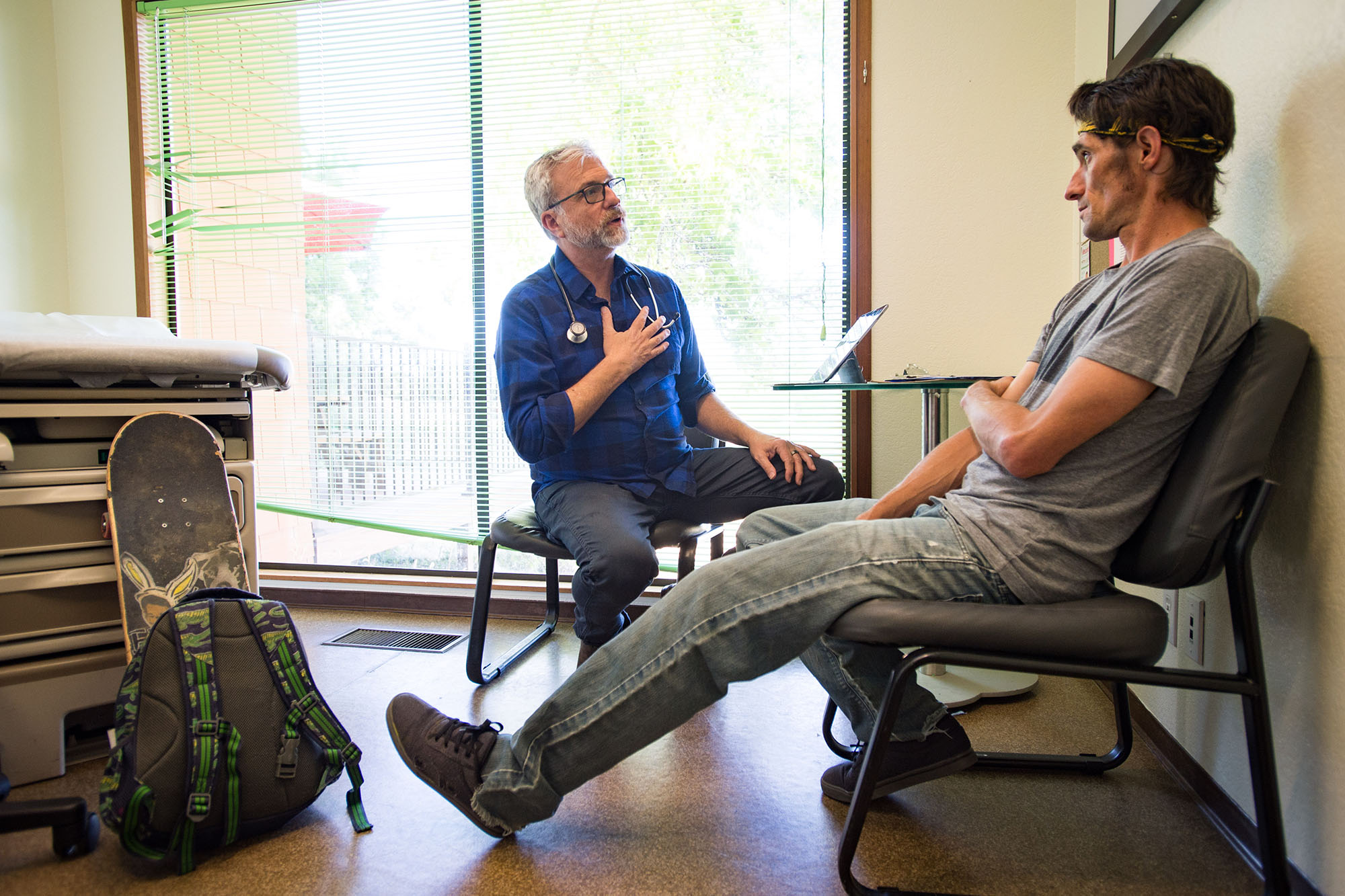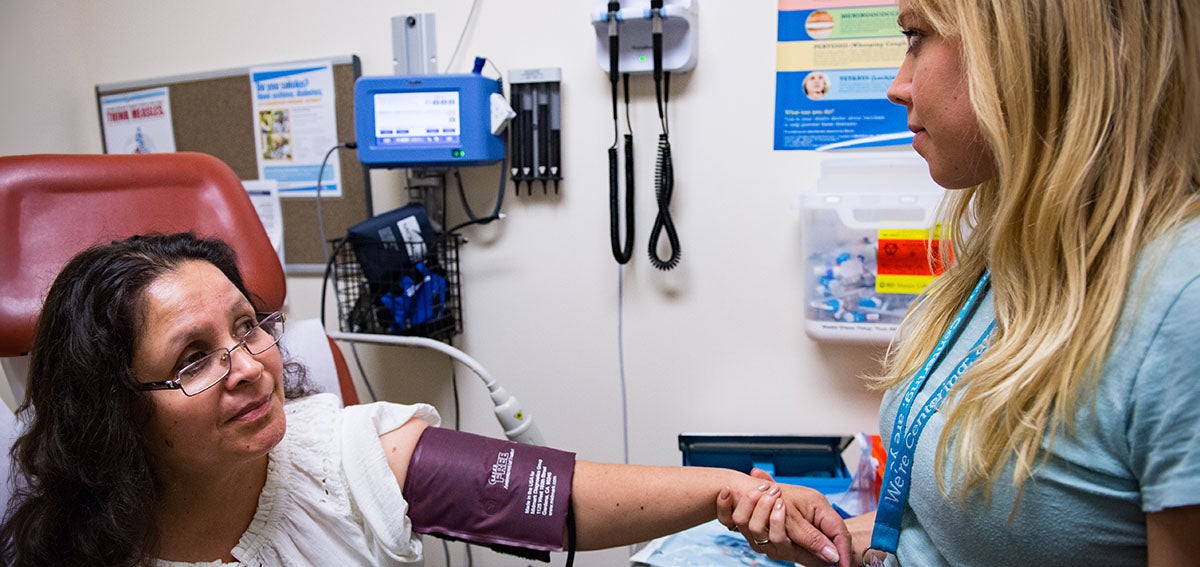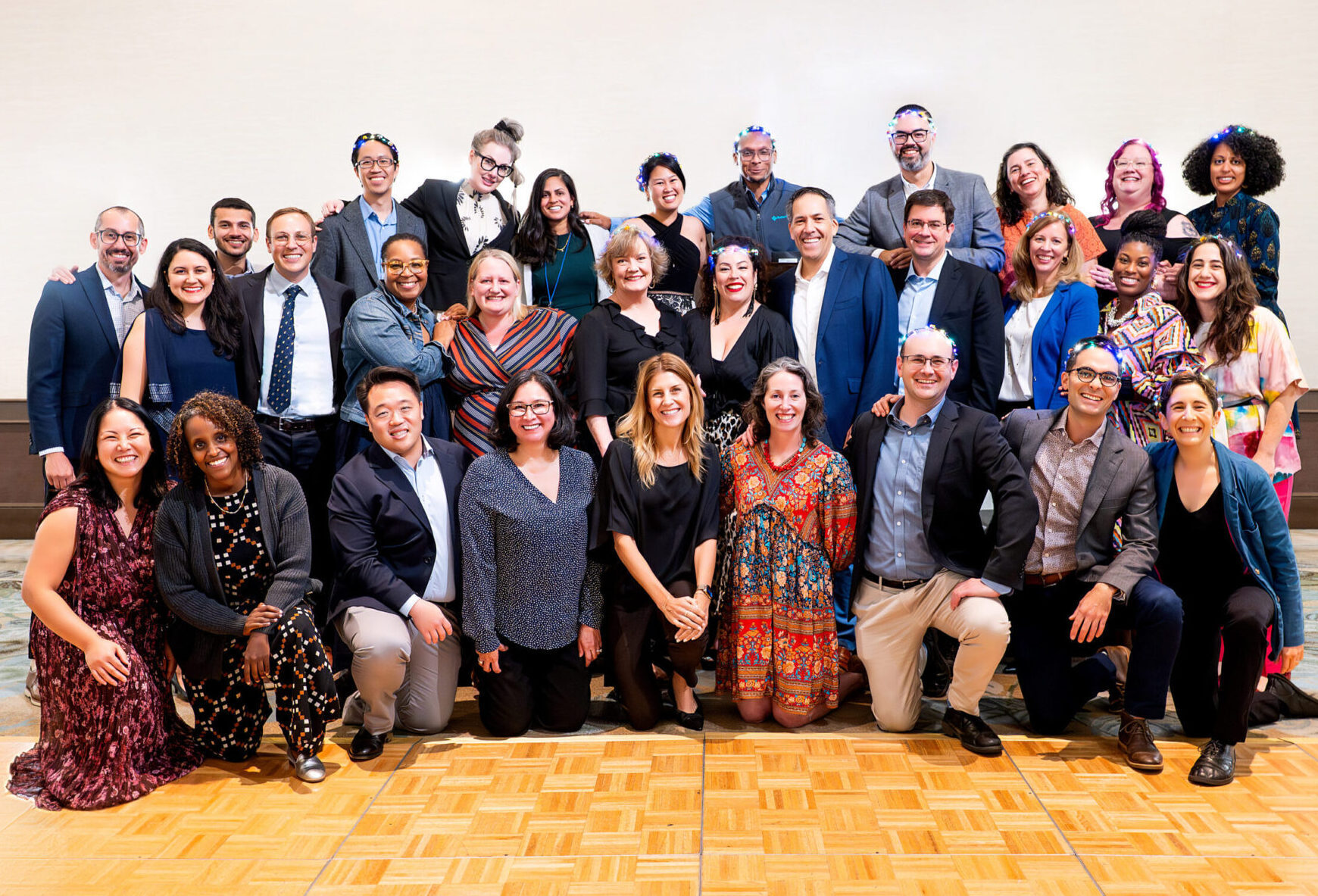All Californians should have access to health care professionals they know and trust. In a state as large as ours, this means having access to health care professionals that represent the race, ethnicity, and languages of diverse communities — many of which are underrepresented today.
CHCF is dedicated to building a health care workforce that enables all Californians, no matter where they live, to receive high-quality care from professionals prepared to meet their needs.
California is the largest and most diverse state in the nation — it’s imperative we have a stable health care workforce able to provide exceptional care to all our communities.
Workforce Shortages Hurt Californians, Especially Communities of Color and Rural Counties
California especially needs primary care and behavioral health providers. About 11.4 million Californians — one-quarter of our state’s population — live in a federally designated Primary Care Health Professional Shortage Area, and two-thirds of them are Black, Latino/x, or American Indian, highlighting the disproportionate impact of workforce shortages on California’s communities of color. California’s rural counties, and especially the Northern/Sierra Region, do not meet national standards for minimum provider ratios per capita.
These areas also have the highest median age for health care workers in the state, meaning many workers will need to be replaced soon just to keep pace.
Creating Opportunities for Future Health Care Workers and Looking Ahead
California’s health care workers of today and tomorrow need more opportunities to choose and excel in a range of health professions — from physician assistant to nurse practitioner to pharmacy technician and respiratory therapist. This is especially true for communities that have been systematically excluded — people of color, first-generation college students, and those with disabilities, for example.
California can build the health care workforce it needs by:
- Investing in students from underrepresented communities. Pathways programs — also known as pipeline programs — provide academic, financial, and social supports, such as mentoring, to college students from underrepresented groups. Such support has proven especially important for Latino/x and Black medical students who lack access to higher educational opportunities.
- Streamlining education and training options, including decreasing costs and time to become a health care worker. Californians who pursue health care are dedicated to putting in the effort and learning what it takes to care for patients. But earning a medical degree or professional license is often costly and cumbersome, deterring many who do not have family resources or support.
- Creating professional growth opportunities for health care workers. California’s current health care workers want opportunities to continue their education, earn a wage that supports their family, and take advantage of training programs without taking on debt or stepping out of the workforce. California health employers and hospitals play an important role in helping current health workers learn new skills and advance their careers.
The California Health Care Foundation is partnering with the State of California, public and private academic organizations, research institutions, and community-based organizations to catalyze change in these areas. To guide effective, statewide planning and action, we are supporting:
- The Department of Healthcare Access and Information’s California Health Workforce and Education Training Council.
- Strategic communications and evaluation of the Workforce for a Healthy California Initiative.
- Comprehensive tracking of state workforce investments following recommendations of the California Future Health Workforce Commission.













